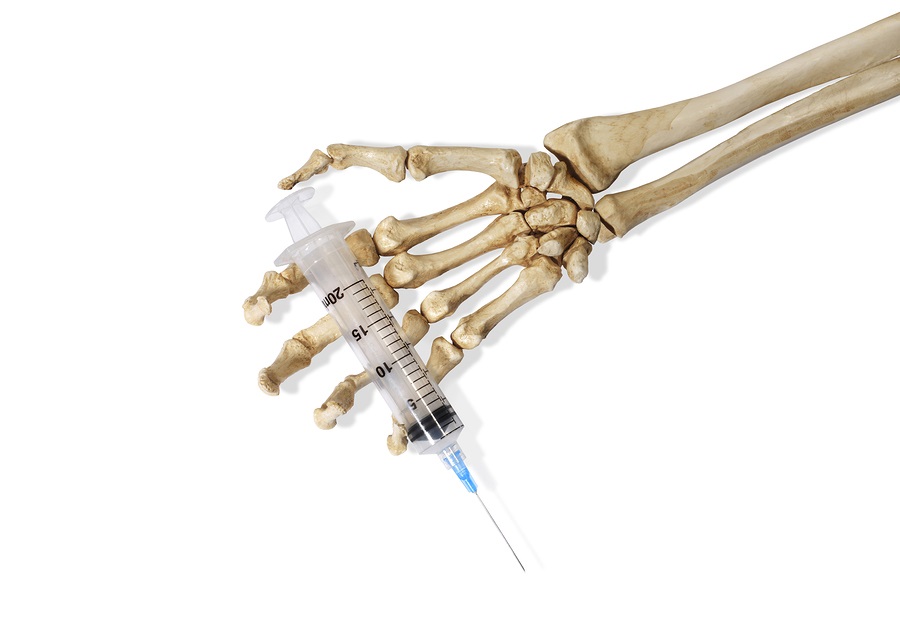
Advertisement
The ongoing U.S. opioid epidemic is largely attributable to the pharmaceutical industry in the first place, but Big Pharma now says it may be able to provide a solution: a heroin vaccine.
Scientists are working on bringing opioid vaccines to the market in as little as two years, but it remains to be seen whether they can be effective in addressing one of the nation’s most serious health issues.
What are opioid vaccines and how do they work?
To understand how such vaccines work, you have to understand a little bit about brain chemistry and the mechanisms that produce the opioid “high.”
From The Daily Beast:
“After a person injects, eats, smokes, or snorts a drug, drug molecules enter the bloodstream and eventually make their way to the brain where they bind to particular receptors on the surface of neurons. A drug vaccine would stop that process—the immune system would attack those molecules while they’re still in the blood.”
It’s not an easy task to train the immune system to attack the drug molecules, but trials involving rodents and primates have shown the vaccines to be successful at blocking not only the brain’s response to a specific drug but also the body’s reaction to a normally lethal overdose. In other words, the vaccines could theoretically save lives as well as serving to counteract the high associated with various opioids.
One of the drawbacks of the vaccines is that they only target one drug – you can make a vaccine that will block the effects of heroin, for example, or one that blocks fentanyl (another commonly-abused prescription opioid), but as of yet there are no “polyvalent” opioid vaccines that can block more than one drug at a time.

It all sounds good on paper, but even if the vaccines prove to work in humans as expected, they can not be considered a panacea. There are several hurdles to be cleared before the vaccines can be brought to market, and even then they may prove to serve a very limited – but potentially valuable, scientists say – role in fighting the opioid crisis.
Because each vaccine works on only one drug, a user could substitute another type of opiate to obtain the desired high, effectively rendering the vaccine useless.
Obtaining funding to conduct trials and bring the vaccines to market appears to be a challenge as well.
From The Philadelphia Inquirer:
“One reason this kind of research has not received more attention is that addiction treatment still carries some stigma…
“The financial risk is considerable. Antidrug vaccines offer a novel approach, and ‘drug companies are risk adverse,’ said Phil Skolnick, director of the division of pharmacotherapies at NIDA.”
Another hurdle is getting people to seek treatment in the first place.
“I’m a little less enthusiastic simply because we already have a number of medications for the treatment of addiction, and our biggest challenge is getting the people into those treatments,” said Dave Metzger, at the Treatment Research Institute in Philadelphia.
The high cost of America’s opioid epidemic
In 2015, more than 52,000 Americans died from drug overdoses, an 11 percent increase over the previous year. As access to pharmaceutical opioids such as OxyContin has become more restricted, many opioid addicts are turning to heroin and other street drugs to get their fix.
The flood of pharmaceutical opioids pushed onto the public over the past few decades has been the major driving factor in creating America’s opioid crisis, and now that these drugs have become harder to obtain, we have a whole new generation of heroin abusers.
Big Pharma got us into this mess in the first place – does anyone really trust them at this point to get us out of it?
Sources:
Submit a correction >>
This article may contain statements that reflect the opinion of the author
Advertisement
Advertisements















